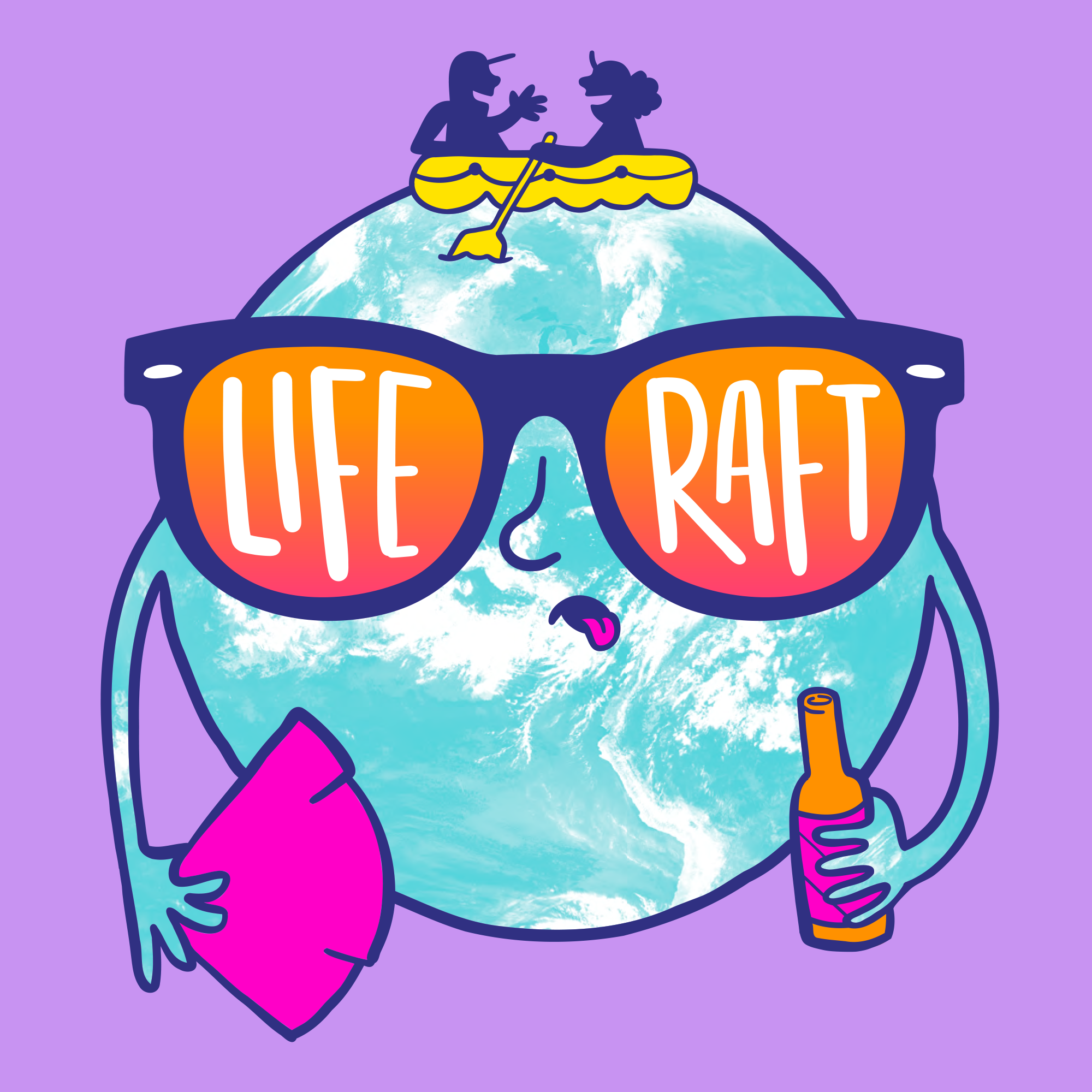Gov. John Bel Edwards wants Louisiana to dramatically cut its emissions by 2050. What would it take to get there?
This week on Life Raft, reporter Tegan Wendland breaks it down for us. We talk about where Louisiana’s emissions come from, what changes need to be made to reduce them and the hurdles standing in the way, and do a little imagining about what New Orleans might look like in 2050.

Introducing: Sea Change – Life Raft
Do you have a question you want us to explore? Send it to us!
For bonus pictures and extra fun vibes, follow us on social media. We’re on Instagram, Facebook, and Twitter.
Support for WWNO’s Coastal Desk comes from the Greater New Orleans Foundation, the Walton Family Foundation, and listeners like you.
If you like what you hear from Life Raft, consider making a donation to WRKF and WWNO to help keep the show going!